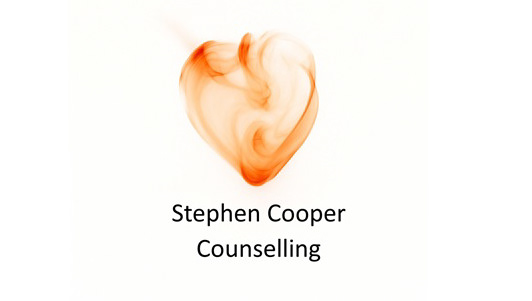Many people experience at least one form of serious trauma during their lifetime. There are
three main types of trauma: Acute trauma, chronic trauma, and complex trauma. Acute
trauma derives from a single event and can include a wide variety of experiences such as a
violent or sexual assault, bereavement, a serious accident, or a natural disaster. After an
acute trauma a person may feel afraid, angry, or helpless; they might experience headaches,
stomach pain, and have difficulty sleeping or have nightmares; and they may have intrusive
thoughts or ruminate continuously about the event. This may also lead to negative thoughts
about oneself, a distrust of others, and to becoming withdrawn. Chronic trauma develops
from repeatedly experiencing traumatic events of a similar type, for example being bullied,
experiences of child abuse or domestic violence, homelessness, long-term illness, and
military warfare. The continued repetition of trauma will likely affect a person’s capacity to
process what has happened and can encourage learned helplessness, which is the belief
that the person is incapable of avoiding further trauma. Chronic trauma can cause
depression and anxiety, feelings of shame and guilt, as well as emotional instability.
Complex trauma is the experiencing of multiple traumatic events of different types. The
effects of these traumas converge, which can cause the person to feel overwhelmed.
Secondary trauma refers to trauma symptoms that have developed by being close to
someone who has experienced trauma directly. Refugee trauma refers to the impact of war
and oppression. Intergenerational trauma is the adverse effects upon a whole community or
group of people who have been persecuted. Race-based trauma includes the effects of
racism, genocide, and slavery. If the effects of trauma continue to impact upon a person’s
daily functioning for more than a month then this constitutes Post-Traumatic Stress
Disorder (PTSD). Symptoms include persistent negative emotions such as anger, fear, guilt, and shame along with poor concentration, difficulties with sleeping, and flashbacks. Often
underlying the PTSD is the belief that the world is a hostile place and the person is under
threat.
three main types of trauma: Acute trauma, chronic trauma, and complex trauma. Acute
trauma derives from a single event and can include a wide variety of experiences such as a
violent or sexual assault, bereavement, a serious accident, or a natural disaster. After an
acute trauma a person may feel afraid, angry, or helpless; they might experience headaches,
stomach pain, and have difficulty sleeping or have nightmares; and they may have intrusive
thoughts or ruminate continuously about the event. This may also lead to negative thoughts
about oneself, a distrust of others, and to becoming withdrawn. Chronic trauma develops
from repeatedly experiencing traumatic events of a similar type, for example being bullied,
experiences of child abuse or domestic violence, homelessness, long-term illness, and
military warfare. The continued repetition of trauma will likely affect a person’s capacity to
process what has happened and can encourage learned helplessness, which is the belief
that the person is incapable of avoiding further trauma. Chronic trauma can cause
depression and anxiety, feelings of shame and guilt, as well as emotional instability.
Complex trauma is the experiencing of multiple traumatic events of different types. The
effects of these traumas converge, which can cause the person to feel overwhelmed.
Secondary trauma refers to trauma symptoms that have developed by being close to
someone who has experienced trauma directly. Refugee trauma refers to the impact of war
and oppression. Intergenerational trauma is the adverse effects upon a whole community or
group of people who have been persecuted. Race-based trauma includes the effects of
racism, genocide, and slavery. If the effects of trauma continue to impact upon a person’s
daily functioning for more than a month then this constitutes Post-Traumatic Stress
Disorder (PTSD). Symptoms include persistent negative emotions such as anger, fear, guilt, and shame along with poor concentration, difficulties with sleeping, and flashbacks. Often
underlying the PTSD is the belief that the world is a hostile place and the person is under
threat.
